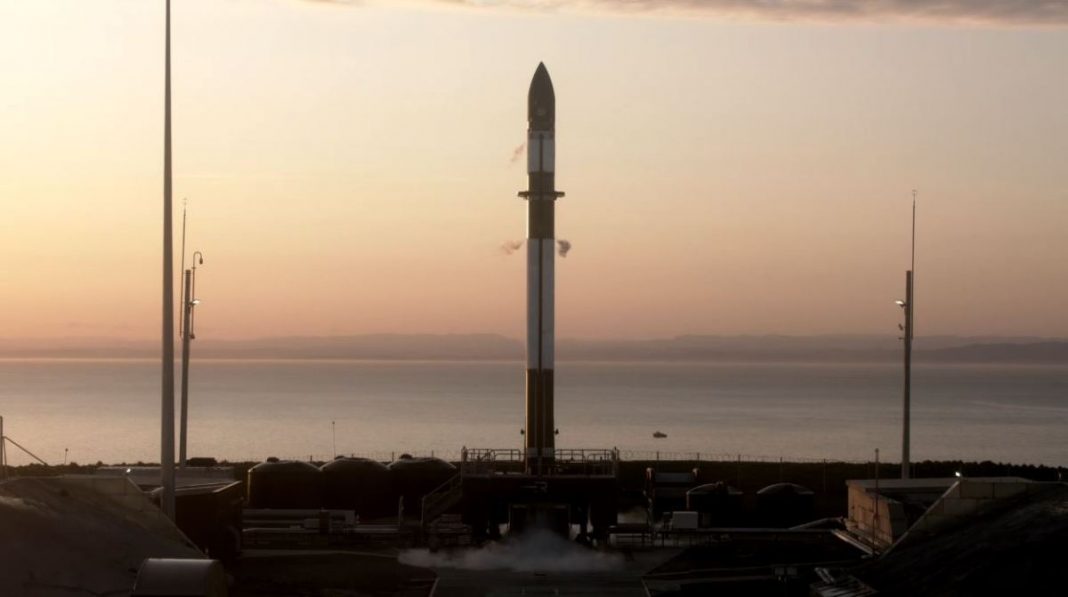Rocket Lab is best known for the Electron launch vehicle, but the company’s earnings results continue to show that it is much more than a rocket company.
The company reported $68 million in revenue for the third quarter, with $46.3 million of that figure coming from its space systems division. (That’s a 17% revenue increase year-over-year.) Rocket Lab also invoiced two milestones as part of a $143 million contract to delivery 17 spacecraft to customer MDA, with the first spacecraft expected to be delivered in the first quarter of next year.
Rocket Lab’s space systems business sells satellite components like star trackers, reaction wheels and solar panels, entire spacecraft and the Photon satellite bus used by customers including Varda Space and NASA.
On the launch vehicle side, Rocket Lab had two successful launches in the third quarter — back-to-back recovery missions returning Electron’s booster to Earth via parachute, with one of those missions flying a previously flown Rutherford engine for the first time. That engine “performed flawlessly,” CEO Peter Beck told investors Wednesday.
The company’s launch cadence was interrupted during the 41st Electron flight in mid-September, when an anomaly occurred mid-flight that led to a total loss of the payload, a single synthetic aperture radar satellite from Capella Space.
Rocket Lab received approval from the FAA to resume Electron launches, and the investigation into the root cause of the anomaly is in its final stages, the company said. Electron’s return to flight is now expected no earlier than November 28, in a launch window that extends into December for a dedicated mission for Japan-based iQPS.
The anomaly happened incredibly quickly; in Beck’s words, “The team had only 1.6 seconds of anomaly data to work with.” An internal investigation revealed that the likely root cause of the anomaly was an “electrical arc” that shorted the battery packs that provide power to Electron’s second stage, leading to a loss of power to the vehicle. A quarterly earnings presentation released Wednesday described this as a “unique and unusual interaction” of a number of conditions which essentially created a perfect storm for the electrical issue to arise.
Looking ahead, the company has 22 Electron missions planned for next year, with nine of these booked as recovery missions and two which will be suborbital hypersonic missions under Rocket Lab’s HASTE program.
Rocket Lab executives also provided a number of details related to the development of its medium-lift vehicle, Neutron. The company completed tank testing on the second stage and a combustion test of Archimedes, the huge rocket engine that will power Neutron.
The company reported a net loss of $40.6 million. For the fourth quarter of this year, the company anticipates bringing in revenues between $65 million and $69 million. Rocket Lab expects revenues to increase to between $95 million to $105 million in the first quarter of 2024 due in part to five Electron launches currently on the manifest.
